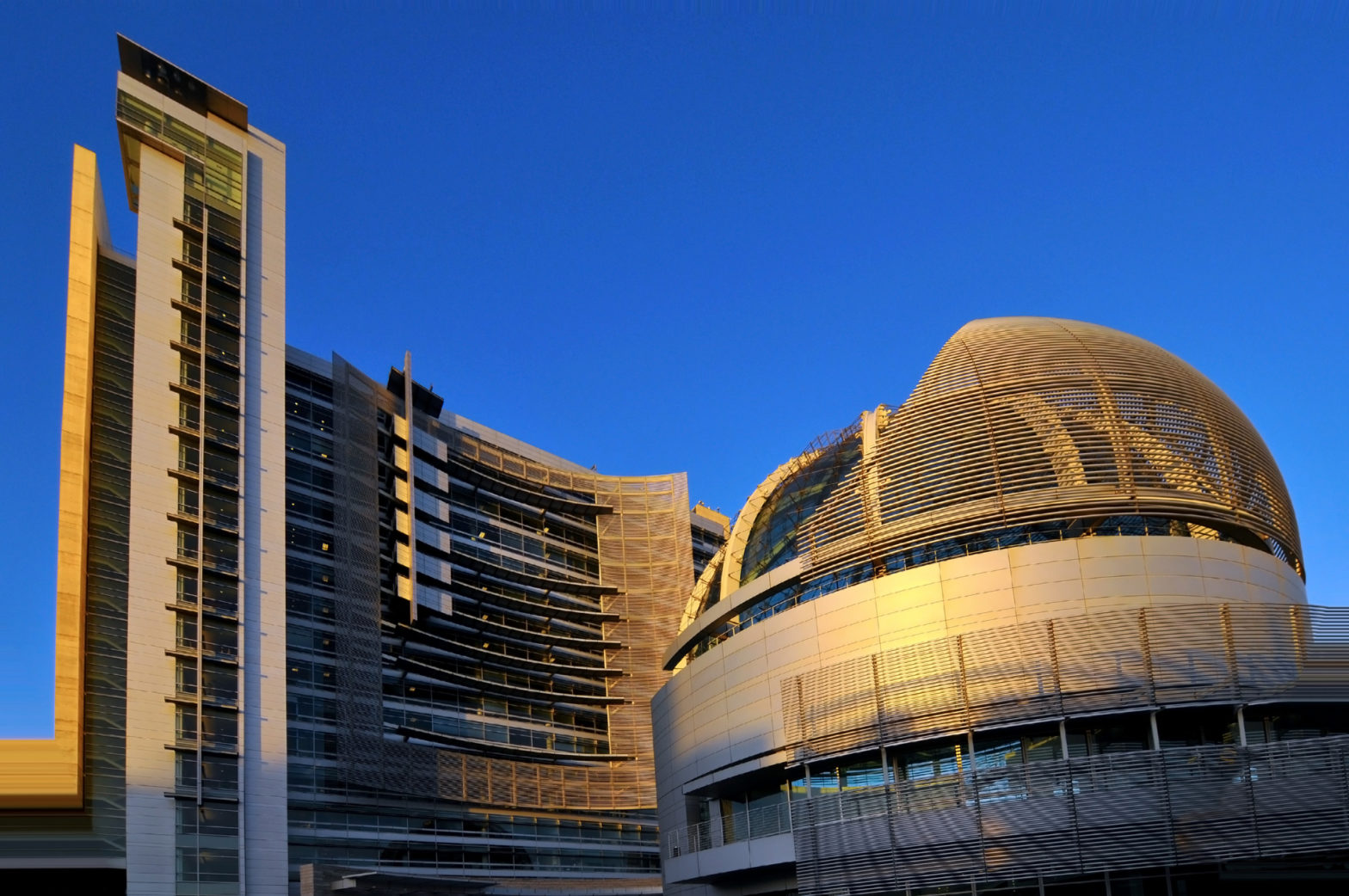
AI plays leading role in determining future-ready cities
05 November 2024
by Jonathan Andrews
A select group of cities worldwide are stepping up as “future-ready” leaders because of AI and other advanced technologies, moving ahead in sustainability, resilience, and inclusiveness, says a new report.
Among the 250 cities analysed by ThoughtLab, 50 cities were found to be the most prepared, making strides in pollution reduction, safety, and public health. Those cities have also been recognised for their efforts in rethinking governance, transforming urban services, and implementing advanced technologies across critical sectors like transport, infrastructure, and public safety.
Lou Celi, CEO of ThoughtLab, told Cities Today that the most surprising discovery was the already high use of generative artificial intelligence (Gen AI).

“The study found that 42 percent of future-ready cities are already making use of Gen AI,” he said. “The second thing is the rise of digital twins. Ninety three percent of cities are already using, piloting or planning to use digital twins. Last, the number of cities that have a long-term AI plan that’s connected with their country’s plan to drive productivity and prepare for their next big move stood out to me.”
The study reveals that AI is revolutionising how future-ready cities analyse data, generate content, and execute tasks. This transformation, said Celi, enables cities to enhance productivity, improve efficiency, address citizen needs, and offer new capabilities, such as real-time scenario planning.
“Recognising the power of AI as a transformative force, future-ready cities have made much greater progress than others in implementing it across urban domains: 66 percent use AI to optimise government operations versus 39 percent of others; 56 percent for living and health, versus 28 percent of others; 50 percent for mobility and transformation, versus 26 percent of others; and 40 percent for sustainability, versus 18 percent of others,” he said.
The study can be used as an actionable playbook of the most effective strategies, use cases, and digital solutions to address urban challenges. It will also provide cities with benchmarking data that will enable them to compare their progress and solutions with other cities.
And Celi said that future-ready cities are going beyond traditional funding avenues by “ramping up their use of philanthropic contributions; ROI models (that analyse how costs will be recovered over time through cost savings and incremental revenue); policy-based tools, such as impact fees and tax increment financing; market-based instruments, like bonds and crowdfunding; and private sector investments and partnerships.”
The top future-ready cities in each region are:
- North America: Boston, Chicago, San Francisco, Seattle, and Toronto
- Latin America: Buenos Aires, Caracas, Curitiba, Quito, and Rosario
- Europe: Edinburgh, Helsinki, Lyon, Madrid, and Vienna
- Middle East & Africa: Ankara, Doha, Kampala, Rabat, and Tehran
- Asia Pacific: Beijing, Guangzhou, Melbourne, Taipei, and Tokyo.
Image: Stnazkul | Dreamstime.com








